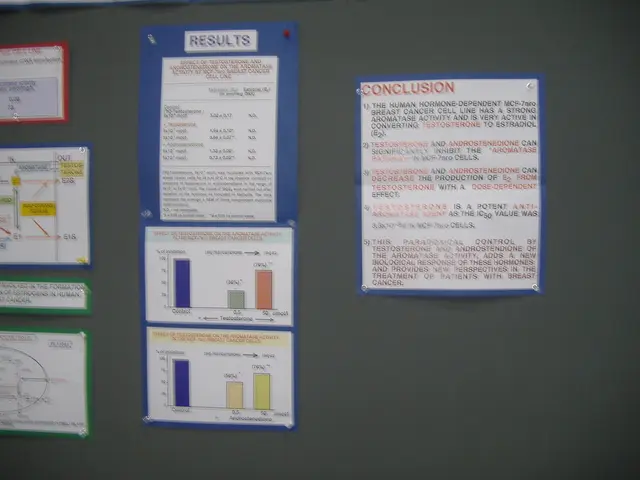Possible US tariffs could potentially drive India towards a closer relationship with China.
In recent times, the escalation of US tariffs, particularly under the Trump 2.0 tariff policy, has led to increased trade tensions with key Asian partners, notably India and China. This escalation is indirectly straining Indo-China trade relations through broader regional economic dynamics.
One of the key figures in this unfolding story is Selim Raihan, a professor at the Department of Economics of Dhaka University and the executive director of the South Asian Network on Economic Modeling (Sanem).
India, a significant player in the Indo-Pacific region, had withdrawn from the Regional Comprehensive Economic Partnership (RCEP) in 2019. However, the US tariff hikes on Indian products could potentially lead India to reconsider its decision and re-engage with RCEP.
The US has imposed a 50% reciprocal tariff on Indian products, a move that has disrupted supply chains and raised costs for importing countries. These tariffs, which range from 15% to above 30%, have far-reaching strategic consequences, potentially redrawing the global geopolitical landscape.
The economic rationale for India joining a giant Asia-Pacific free trade block like RCEP could become irresistible if US tariffs continue to suppress India's export potential. If the US's economic pressure increases, India may consider more trade, investment, and strategic engagement with China.
The convergence of India and China's economies, driven by strategic necessity, could challenge long-standing international relations paradigms. This economic convergence could threaten US-led alliances in Asia and potentially open the door for India to re-engage more seriously with China, particularly in trade and regional economic frameworks.
The potential development of new regional economic frameworks by India and China could provide a new platform for regional economic standards. These new frameworks might include methods for managing rivalries within the structures.
From a consumer perspective, US tariffs have raised prices significantly on products like clothing and textiles. India being a major textile exporter faces complications vis-à-vis trade under RCEP and US tariff regimes. The overall global tariff environment set by the US is one of the highest in decades, which complicates multilateral trade agreements and economic integration efforts in the Indo-Pacific.
Thus, the US tariff strategy has heightened Indo-China trade tensions by complicating trade routes and regional economic partnerships. India's reconsideration of RCEP membership reflects concerns about protecting its economic sovereignty amid these global trade disruptions and US tariff policy uncertainty.
No explicit recent US government statements specifically addressing India’s RCEP membership linked to tariffs were found, but the evolving trade environment makes India’s recalibration understandable from a strategic and economic viewpoint.
[1] [https://www.bloombergquint.com/global-economics/us-tariffs-could-push-india-to-reconsider-rcep-membership] [2] [https://www.reuters.com/article/us-india-trade-tariffs-idUSKBN25X07D] [3] [https://www.brookings.edu/research/us-tariffs-on-indian-products-and-their-strategic-consequences/] [4] [https://www.thehindu.com/business/Industry/us-tariffs-on-indian-products-could-lead-to-re-engagement-with-china/article32533447.ece]
- The escalating US tariffs and trade tensions with key Asian partners, such as India and China, are causing a ripple effect in the industry, finance, and politics sectors, potentially leading to new regional economic frameworks between India and China.
- The US tariff policy uncertainty and subsequent global trade disruptions are forcing countries like India to reconsider multilateral trade agreements, such as the Regional Comprehensive Economic Partnership (RCEP), which could significantly impact the general-news landscape.





